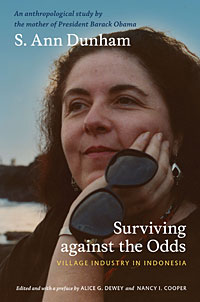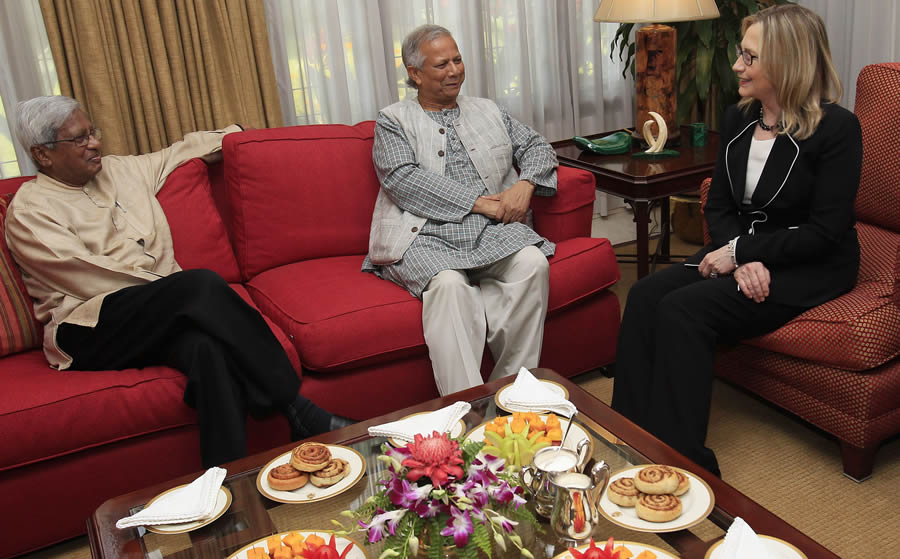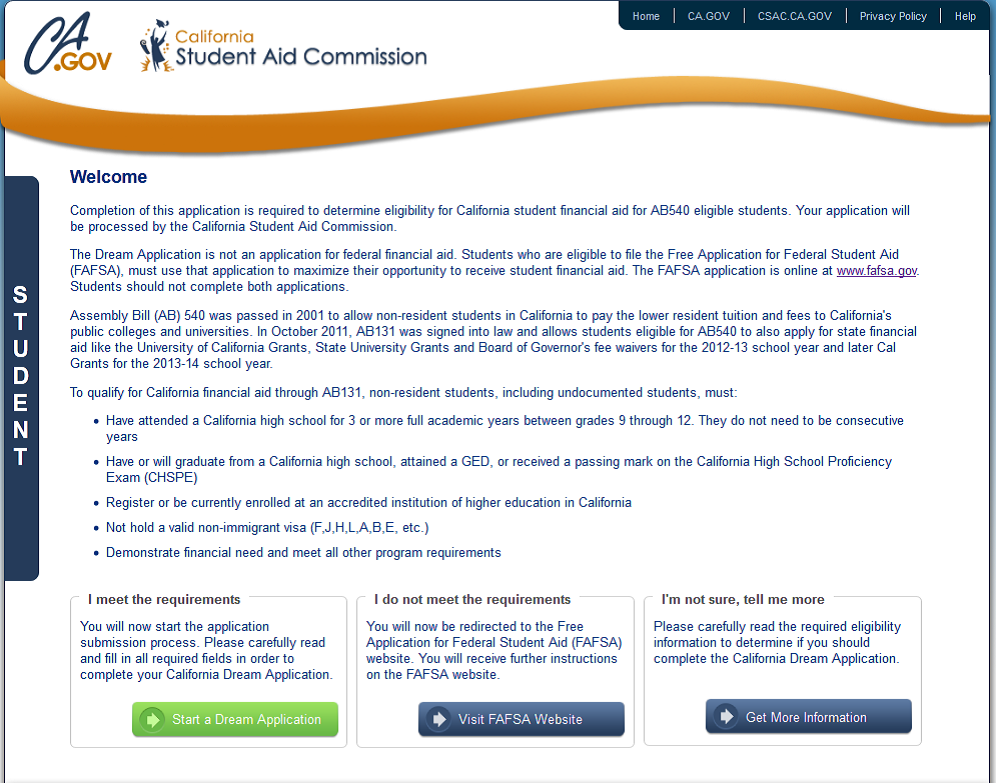A distinction needs to be made. Radical extremists are for the force multipliers, those like Anwar al Awlaki. The militants like Mohammed Emwazi are born from the radicals and they are the deadly enforcers of the Islamic doctrine and Sharia.
Don’t blame the FBI for failures, with particular regard to the worst terror attack in American by a gunman, Orlando. Blame the White House. All the Q&A sessions, congressional testimony and press briefings by FBI Director James Comey have had an underlying message, a cry for help, attention and support.
Don’t blame the intelligence community including CENTCOM and the Pentagon for battlefield or rules of engagement failures. That belongs to the entire White House national security team. The Office of National Intelligence has also been affected.
This is not political correctness at all, it is a Barak Obama edict, sensitivity to Islam across our homeland and across the globe. Obama has had a strident mission since he assumed the Oval Office to create a Muslim protective shield. This is beyond dispute.
While not in any chronological order, there are some very key decisions that were made and continue to be made by the Obama administration that affect our national security and this generational war titled the Overseas Contingency Operation.
In April of 2009, Barak Obama delivered ‘The New Beginnings’ speech. In this presentation he spelled out his full agenda in what was to become the long-term mission to elevate Muslims and their organizations at home and globally. The White House objectives have been successful and consequential.
With the new beginning announced, Obama extended his same purpose throughout government agencies, law enforcement and policies as a mandatory doctrine.
‘Just before that Christmas Day attack, in early November 2009, I was ordered by my superiors at the Department of Homeland Security to delete or modify several hundred records of individuals tied to designated Islamist terror groups like Hamas from the important federal database, the Treasury Enforcement Communications System (TECS). These types of records are the basis for any ability to “connect dots.” Every day, DHS Customs and Border Protection officers watch entering and exiting many individuals associated with known terrorist affiliations, then look for patterns. Enforcing a political scrubbing of records of Muslims greatly affected our ability to do that. Even worse, going forward, my colleagues and I were prohibited from entering pertinent information into the database.’ Philip Haney, The Hill.
Directly after the 9/11 attack, the Bush administration did reach out to the Muslim communities to determine who was with peace and national security and who perhaps gave clues of a larger and hidden condition that could be festering that would prove clues to more domestic security challenges.
Then came the Holyland Foundation trial in 2007/2008. The material facts and conditions of the domestic threat, people, money, collaboration and global consequence all converged in a courtroom in Texas.
During the Holy Land trial, FBI Agent Lara Burns testified in court that CAIR was a front for HAMAS. One trial exhibit submitted by federal prosecutors – and stipulated to by the defense in the case – explained that these organizations were dedicated to a “civilizational-jihadist process” to destroy America from within and replace the Constitution with sharia (Islamic law):
The Ikhwah [Muslim Brotherhood] must understand that their work in America is a kind of grand Jihad in eliminating and destroying the Western civilization from within and “sabotaging” its miserable house by their hands and the hands of the believers so that it is eliminated and God’s religion [Islam] is made victorious over all other religions. (p. 21)
Federal prosecutors specifically cited this internal Muslim Brotherhood planning document as the strategic goal of these U.S.-based Islamic groups – the very same group advising the Obama Administration. The federal judge in the Holy Foundation case agreed with the case presented by the federal prosecutors had made regarding these organizations, stating in one ruling that “the Government has produced ample evidence to establish the associations with CAIR, ISNA and NAIT with HLF…and with HAMAS.” (p. 14-15) More important details here from the CounterjihadReport.
The Department of Justice under Eric Holder was included in the full protection of the terror networks and associated people. Congressman Gohmert of Texas challenged AG Holder to no avail in a chilling exchange.
Here is where the ‘words matter’ material documentation began. The Obama administration took this agenda to new standard.
In 2009, DHS published via the Office of Intelligence and Analysis Assessment a ‘Rightwing Extremism’ document, pinpointing those that may challenge the Obama Muslim doctrine. Additionally, DHS posted The Department of Homeland Security launched a ‘Do’s and Dont’s bulletin.
The entire complexion of the Department of Homeland Security began to change with new personnel and outreach under Secretary Janet Napolitano. The outreach extended to law enforcement agencies of which LAPD demonstrates.
The order to purge documents, training materials and database was made. The proof is here.
Barak Obama was not finished. In 2015, the White House introduced a strategy for CVE, Counter Violent Extremism.
Then comes the foreign policy of Obama. All deference to Iran began before Obama assumed the White House in 2009 and continues today. Secret back channels to Iran using Ambassador Burns began in 2008. Further, there is Iraq and Syria with Islamic State. Documents here on ISIS prove the intelligence and forecasts were known, available and delivered.
This would not be complete without mentioning China, Russia or North Korea where policies are non-existent.
The Paris attack was a slaughter and Obama found it wise to snub the solidarity march with other world leaders.
Obama touted Yemen as one of his successes but the country collapsed. Finally, the Obama policy doctrine crumbled and the cause was fully explained here. Obama wilfully recoiled as he and Hillary did on Benghazi.
It really no longer matters that Barak Obama, Hillary Clinton or John Kerry refuse to use key terms to describe militant Islam, the entire well verse and informed world have defined it for them. What does matter beyond the words are the policies and refusals of missions, strategies and conditions to keep America, her interests and allies safe.
It is no wonder there is no global respect for the Obama administration and there is much less to fear from her.
In summary, Obama owns this terror, owns this jihad and owns the death as well as the genocide. This is his legacy, he owns it as his own scarlet letter.







